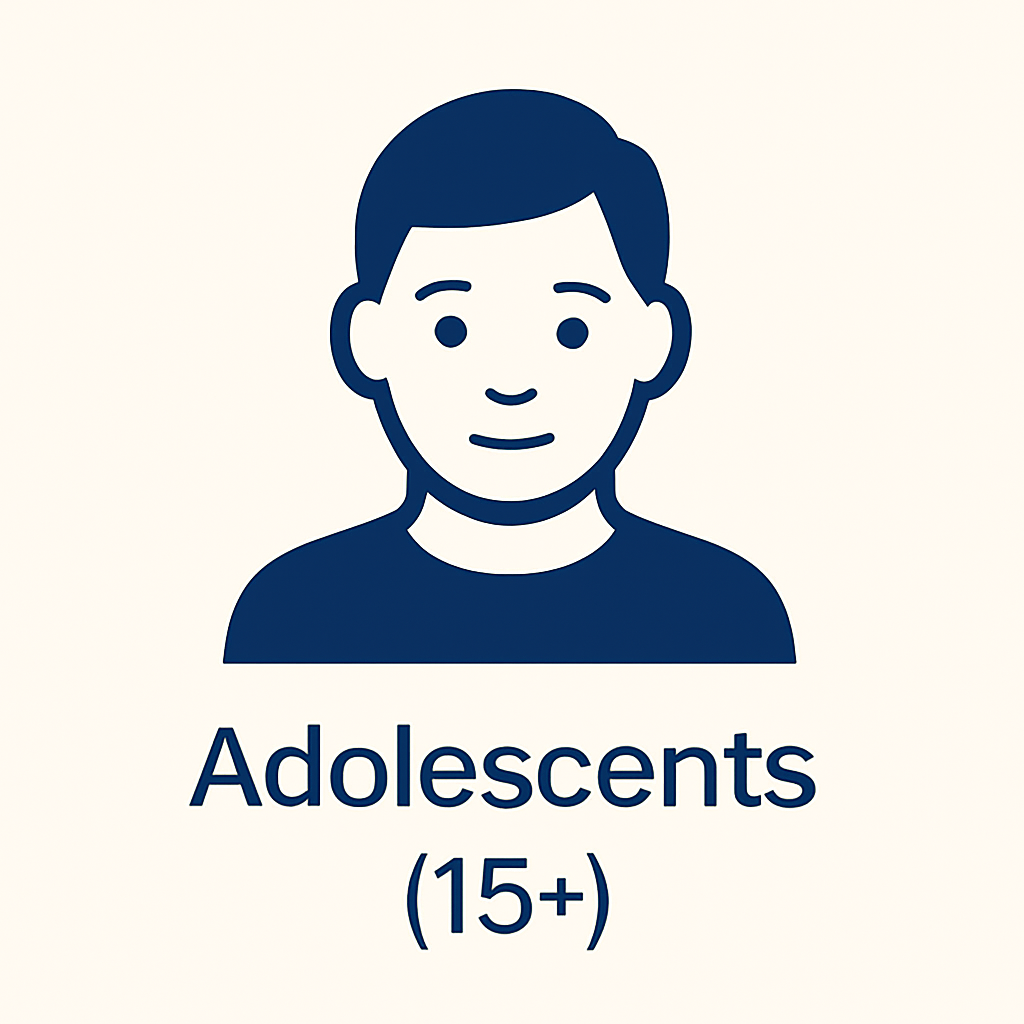Learn More About Dialectical Behavior Therapy (DBT)
Dialectical Behavior Therapy (DBT) is an evidence-based treatment developed by Dr. Marsha Linehan, originally designed for individuals diagnosed with Borderline Personality Disorder (BPD). Over time, DBT has proven effective for a wide range of concerns and populations.
What Does ‘Dialectics’ Mean?
Dialectics is the idea that two seemingly opposite things can both be true at the same time.
In DBT, we focus on finding a balance — between accepting things as they are and working to change them. This helps reduce black-and-white thinking and opens up new possibilities for how we respond to life.
Dialectics helps us replace “either/or” with “both/and.”
Who DBT Helps?
Evidence-Based Treatment for:
Borderline Personality Disorder (BPD)
Post-Traumatic Stress Disorder (PTSD)
Complex PTSD (CPTSD)
Mood and Anxiety Disorders
Substance Use Disorders (SUD)
Suicidal ideation and self-harm
Emotion dysregulation
Veterans and first responders
Individuals navigating high-conflict relationships or intense emotional sensitivity
Populations I Work With:
Note: Adolescent and Multi-Family DBT is available with parental or support involvement.
Michael respects and works with clients of all backgrounds, identities, and lived experiences. He is committed to providing affirming, inclusive care across age, race, gender, sexual orientation, ability, and belief systems. Michael offers a non-judgmental, collaborative space to support your healing and growth — wherever you are in your journey.
Modes of Treatment & Phone Coaching
Dialectical Behavior Therapy (DBT) is a comprehensive, structured model with several treatment components. At Michael Barr Counseling, these modes are integrated into a streamlined, client-centered experience. Each mode serves a specific function in supporting your progress:
1. Individual Therapy
Function: Increase client motivation.
Weekly one-on-one sessions designed to help you apply DBT skills to real-life problems. Sessions focus on increasing skillful behavior, reducing ineffective patterns, and moving toward a life worth living.
2. Phone Coaching & Skill Application Support
Function: Generalize skills into the client's natural environment.
Sometimes the hardest moments happen between sessions. That’s where DBT coaching comes in.
Coaching is available by phone and through the PsychSurveys app, included as part of your care.
Designed to help clients apply skills in the heat of the moment — not for processing or venting, but for skill use and action.
Clients can reach out for support when experiencing distress, urges, or emotional intensity.
PsychSurveys App Features:
Real-time access to skill coaching prompts
Daily mood and behavior tracking
Support beyond the session!
3. DBT Skills Training - Individual Sessions Offered
Function: Enhance the client’s capabilities to change.
Traditionally, skills training occurs in a group setting and includes modules like mindfulness, distress tolerance, emotion regulation, and interpersonal effectiveness. While groups are not yet available here, clients may opt to engage in a separate, dedicated weekly individual skills training session that functions similarly. This format is especially useful for adolescents and families.
4. Therapist Consultation (Internal)
Function: Enhance the skill and motivation of the therapist.
While not client-facing, your therapist participates in regular consultation to maintain fidelity to the model, prevent burnout, and enhance the quality of care provided.
Stages of DBT Treatment?
Stage 1: Building Stability
The first stage of DBT focuses on helping you feel more in control of your emotions and behaviors. Whether you’re dealing with intense feelings, impulsive reactions, or relationship stress, this stage is about creating stability and building a strong foundation for growth.
You don’t need to be in crisis to benefit — many people find these skills helpful for navigating everyday emotional challenges.
Stage 2: Processing and Healing
Once there’s more emotional stability, Stage 2 focuses on understanding and working through the pain that may be beneath the surface — often rooted in past experiences or trauma. This stage supports emotional healing while continuing to build on the skills from Stage 1.
It's about feeling your emotions without being overwhelmed by them.
Stage 3: Building a Life Worth Living
With greater emotional balance and insight, Stage 3 is about setting meaningful goals and creating a life that feels fulfilling and aligned with your values. This might include improving relationships, building self-respect, or finding purpose in work or daily life.
It’s about moving from surviving to thriving.
Stage 4: Finding Deeper Meaning
The final stage of DBT explores what it means to live fully — with a sense of connection, purpose, and peace. This might involve spiritual growth, embracing your identity, or continuing personal development beyond therapy.
It’s about sustaining change and living with intention.
DBT Assumptions About Clients
In Dialectical Behavior Therapy (DBT), we actually do make a few assumptions — but not the kind you're thinking. These are compassionate, respectful beliefs we hold about every person who walks through the door.
You’re doing the best you can.
This doesn't mean things can't improve — just that you're not failing. You're surviving with the tools you've got.You want to improve.
Even if it doesn’t always feel like it, a part of you wants things to get better. That matters!You need to try harder, and do better.
Growth takes effort — and you're capable of more than just surviving.You may not have caused all your problems, but you have to solve them anyway.
It's not about blame — it's about reclaiming your power.You cannot fail in DBT.
Struggling, dropping out, coming back — none of that means you've failed. It just means we keep going.You have to learn new behaviors in all areas of your life.
DBT teaches skills that help not just in therapy, but in real life: work, relationships, and daily challenges.You need a supportive environment — and you may not have one.
Healing is hard. We recognize that your surroundings might not always help. That’s why this space does.
Therapy That Adapts to You!
No two people are the same — and neither are their paths to healing. I draw from a variety of research-backed approaches to meet you where you are and help you get where you want to go.
While my foundation is grounded in Dialectical Behavior Therapy (DBT), I also integrate tools from a range of evidence-based approaches, including:
Cognitive Behavioral Therapy (CBT)
Mindfulness-based practices
Solution-Focused Brief Therapy (SFBT)
Motivational Interviewing
Person-Centered Therapy
This allows us to tailor your sessions based on your current needs, strengths, and goals — not just a fixed protocol.
My approach is also trauma-informed. That means we move at your pace, create a sense of emotional safety, and work to understand how past experiences may shape current patterns — without retraumatizing or rushing the process.
Therapy with me is collaborative, practical, and flexible. Whether you're navigating overwhelming emotions, building healthier habits, or simply trying to feel more in control of your life, we’ll find what works for you.
We don’t just talk about change - we practice it!
Ready to take the next step?
Click the link below to schedule your free 15-minute consultation with Michael.
Want to learn more?
Click the link below to explore my free resources page — tools, tips, and guides to support your journey.











